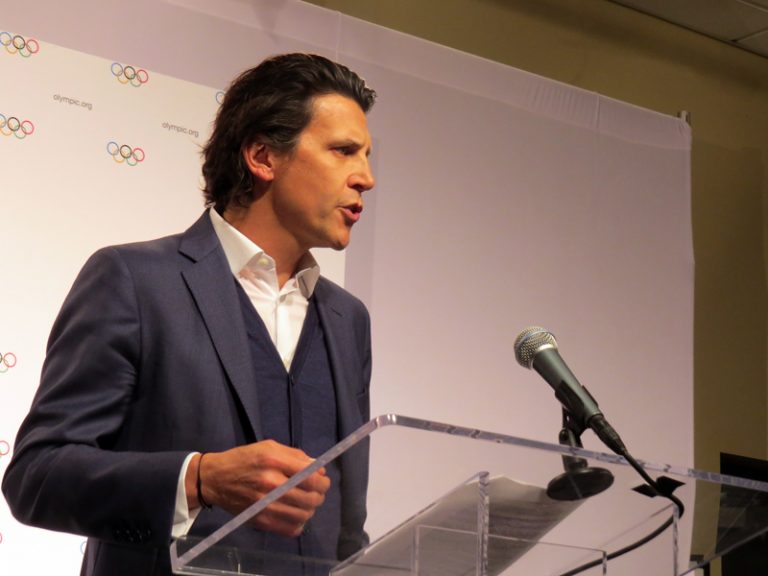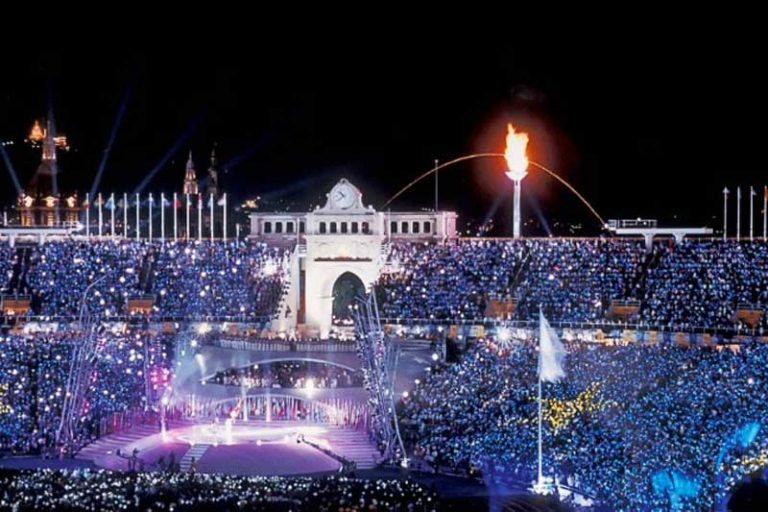The city of Sapporo Tuesday announced an increase to its projected budget to host the 2030 Olympic and Paralympic Games by as much as six percent.

The revised draft plan to host the Games in Hokkaido prefecture was presented to City Assembly revealing total capital costs and expenses could range from ¥297 billion (USD $2.03 billion) to ¥317 billion (USD $2.17 billion) – up from the previous budget of ¥280 billion (USD $1.9 billion) to ¥300 billion (USD $2.05 billion) tabled one year ago. The bid committee blamed economic conditions, including inflation, for the change.
Organizers plan to fund the project with mostly private investment, sparing taxpayers from any large expense.
According to Jiji Press the cost to prepare venues and other facilities for potential second-time host Sapporo to host the Games fell from ¥80 billion (USD $547 million) to ¥77 billion (USD $527 million) and the city expects to cover ¥49 billion (USD $335 million) of that amount, marking an increase of ¥4 billion (USD $27.4 million) to taxpayers since last report.
The budget remains much lower than estimates calculated in 2016 when Sapporo was mulling a bid to host in 2026. Costs then were expected to be ¥453.7 (USD $3.1 billion) before the bid was canceled when a 6.6 magnitude earthquake rocked Hokkaido causing major structural damage across the prefecture. International Olympic Committee (IOC) hosting reforms that followed allow for significant cost-cutting resulting in the current plan that is more sustainable and cost-efficient.
The 2030 Games are now Sapporo’s to lose with only Salt Lake City in the United States as an opponent in the race. However, the Utah capital that hosted in 2002 and the United States Olympic and Paralympic Committee (USOPC) have made clear that they prefer to stage the Games in 2034 to give it more distance from the already scheduled Los Angeles 2028 Summer Games.
In June a joint bid by Barcelona and the Pyrenees dropped out of the race when partners had irreconcilable differences about venue placement. Last month a promising indigenous-led bid centered in Vancouver collapsed when the provincial government refused to provide necessary funding.
Now it seems the Japanese bid’s only opponent is public opinion while in the midst of a bribery scandal surrounding the Tokyo 2020 Olympic Games. Organizing committee executives have been charged with taking payments in exchange for giving preferential consideration to potential sponsors. Support for the bid has since soured and IOC President Thomas Bach was absent from an anniversary celebration in Tokyo last month in an apparent attempt to distance himself from the controversy.
“I think Sapporo remains the most prospective candidate to host the 2030 Winter Olympics, but the issue of the Tokyo Games needs to be cleared up,” Japanese IOC member Morinari Watanabe said last week.
“It will be impossible for Sapporo unless the fundamental distrust is dispelled, no matter how much promotion is done.”
The revised plan delivered Tuesday includes a declaration of reform to ensure transparency and fairness that was jointly signed by the Japanese Olympic Committee and the City of Sapporo. Officials hope the increased oversight will win back public support.
Salt Lake City officials have agreed to come to the IOC’s rescue, hosting in 2030 should Sapporo ultimately fail and no other bids emerge.
The IOC could name a preferred candidate as early as December or as late as the Spring with the intention of electing a 2030 host at its Session in October 2023.


